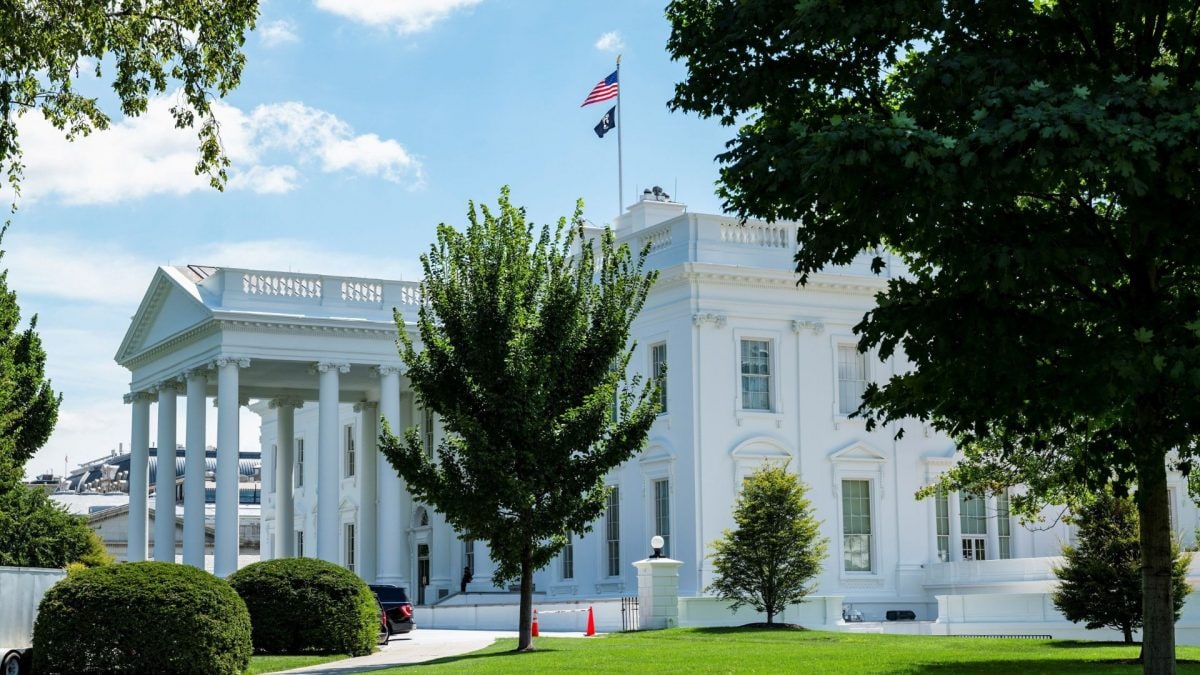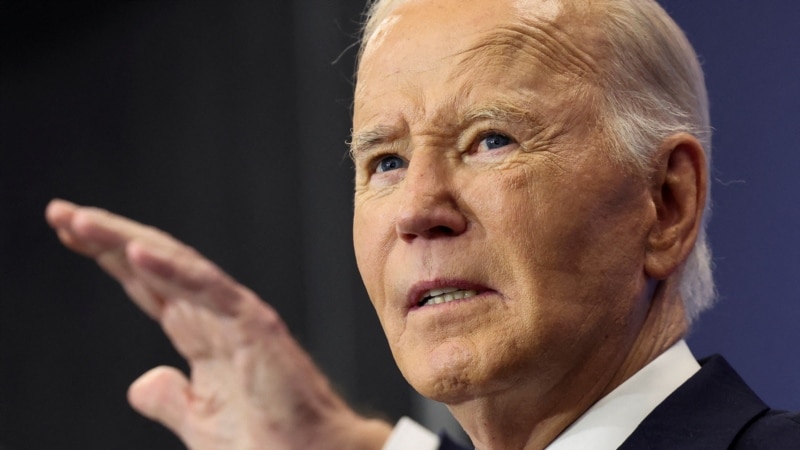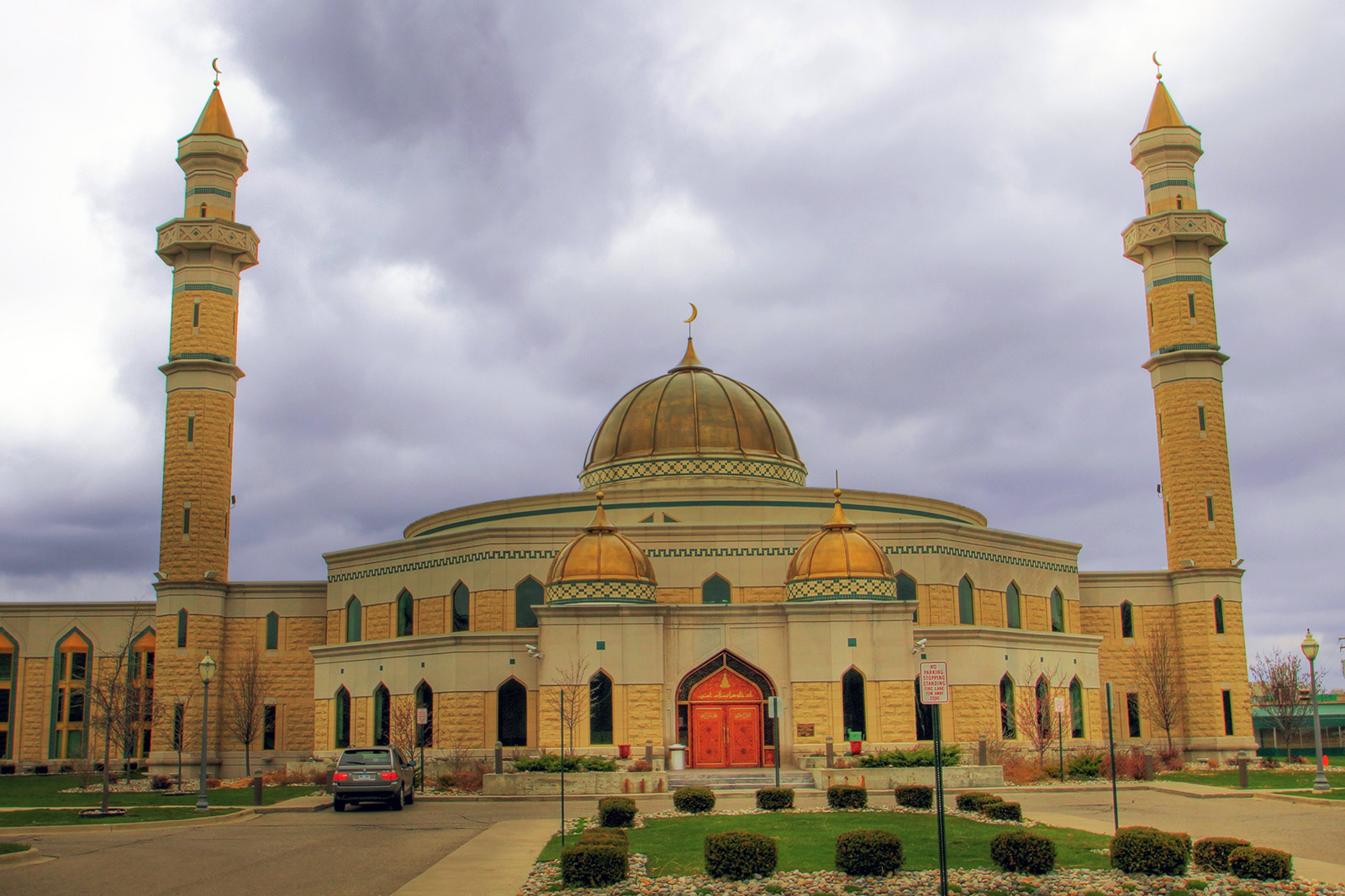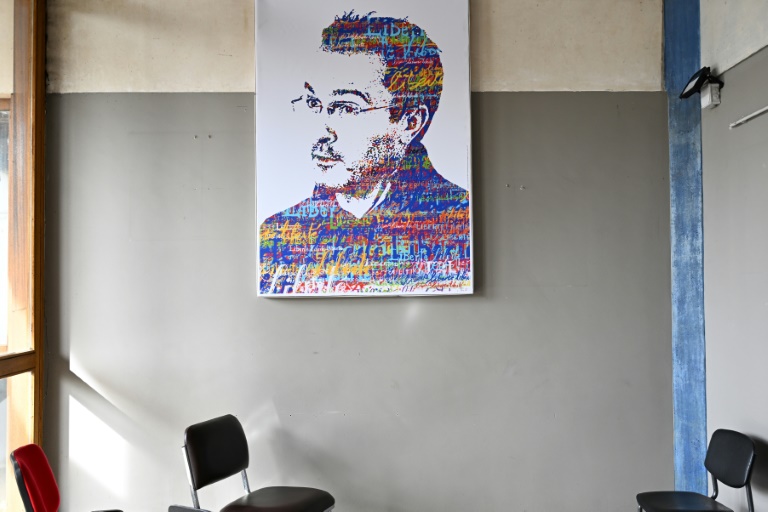Islamophobia in France: A Growing Concern
France is one of the Western European countries with the largest Muslim population. However, France is also among the countries where Islamophobia is most widespread. This discriminatory policy of France has been under global scrutiny for many years. These forms of discrimination, which have even become the subject of mockery on social media, disrupt intercultural relations and cause concern among the Muslim population living in France.
Since 1989, the French legal system has allowed the implementation of numerous restrictions against Muslims, further fueling these discriminations. As a result, every year millions of French Muslims report experiencing discrimination. So, Mosques in the country are closely monitored by the state.
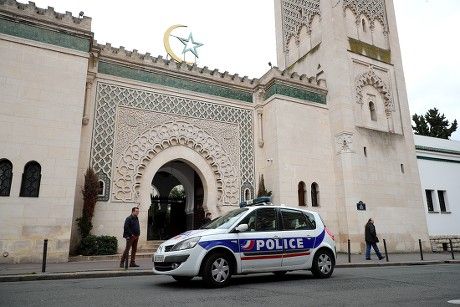
You may be interested
Although Muslims make up a significant part of the French population and Islam is the second-largest religion in France, one in three Muslims reports being subjected to Islamophobic behavior, due to Islam’s perceived incompatibility with “traditional” French culture.
Historical Context of Islamophobia in France
Given France’s long history of colonialism, particularly in Muslim-majority regions of Africa, its resentment towards Islam is understandable.
The policy of French President Emmanuel Macron aligns with those of his predecessors. His re-election in 2022 was not seen as good news for Muslims, as Macron has been ineffective in addressing corruption, discrimination, and injustice in the country, including unfair treatment towards Muslims.
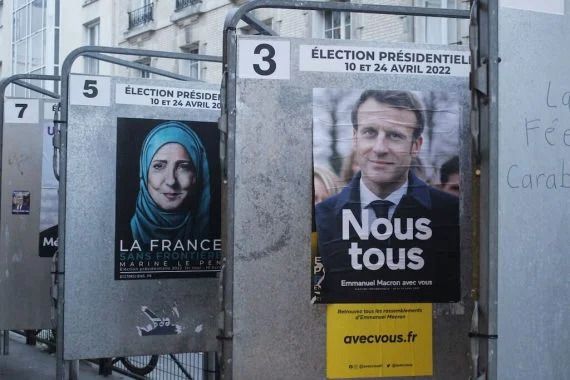
The concept of strict separation of state and religion in France, known as “laïcité,” has been in place since 1905. While this principle is intended to ensure the state’s neutrality towards religions by limiting religious expressions in the public sphere, in recent years, this law has disproportionately affected Muslims, particularly with bans on the hijab and other religious symbols, leading to increased pressure on the Muslim community.
Social and Economic Impacts of Islamophobia in France
The consequences of Islamophobia have serious social and economic impacts on France’s Muslim population. They face discrimination in employment, housing, and access to public services. Additionally, there are challenges in social integration and education, deepening the existing social divide in the country. Restrictions on Muslim women’s clothing hinder their participation in workplaces and educational institutions.
France’s bias towards Azerbaijan and Azerbaijanis can also be attributed to Islamophobia. The fact that the majority of Azerbaijan’s population is Muslim, its victory in the 2020 Garabagh war, its successes in sports and culture, and its support for the struggles of territories once colonized by France, have all been enough to irritate France.
France’s Frustration with Azerbaijan’s Resistance
France, which has maintained close relations with Armenia and sought to exert influence in the South Caucasus, is frustrated and angered by Azerbaijan’s resistance to these efforts. French politicians, who have expressed their bias openly, have demonstrated this repeatedly.
The European Olympic Games held in France this year brought the country’s discriminatory policies to light. The treatment of athletes from different races and religions, the hotel services, and even the design of the medals were subject to criticism. The opening ceremony, which mocked not only Islam but also Christianity, was met with widespread anger. Social media users compared the opening ceremonies of previous Games held in other countries with France’s, exposing the reality.

In conclusion, despite France’s self-image as a leading European nation and a powerful entity, internal social decay continues. A deep-seated hatred and discrimination against Muslims, black people, and Asians persist in the country, with Turks and Azerbaijanis also being victims of this discrimination.
—
Fatima Latifova is AzerNews’ staff journalist, follow her on
Twitter: @fatimalatifova
Follow us on Twitter @AzerNewsAz


